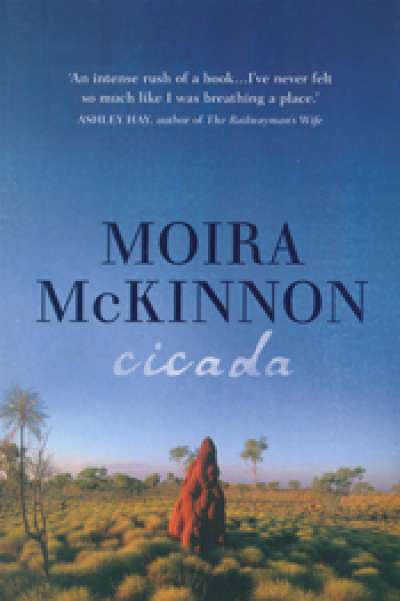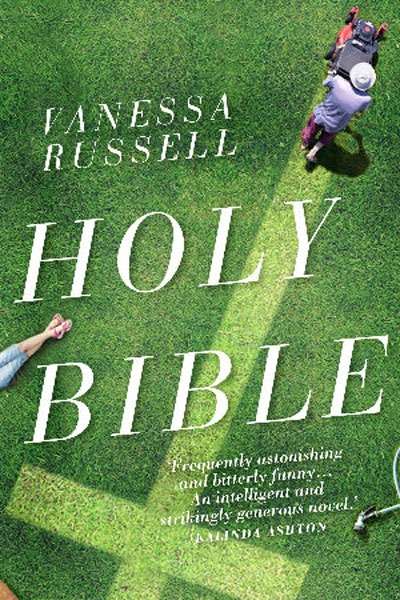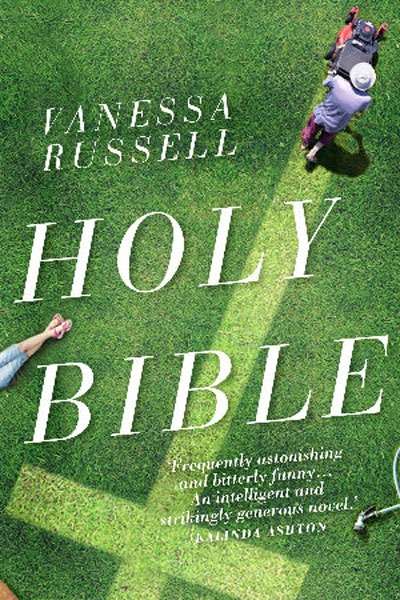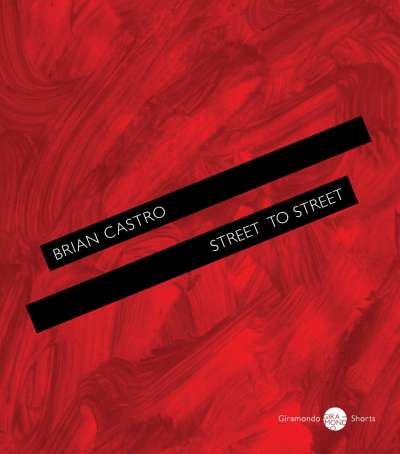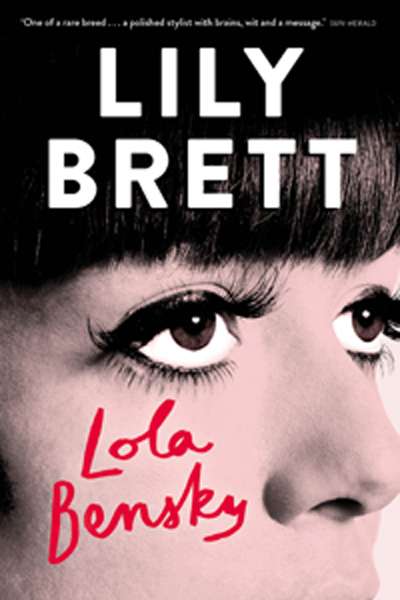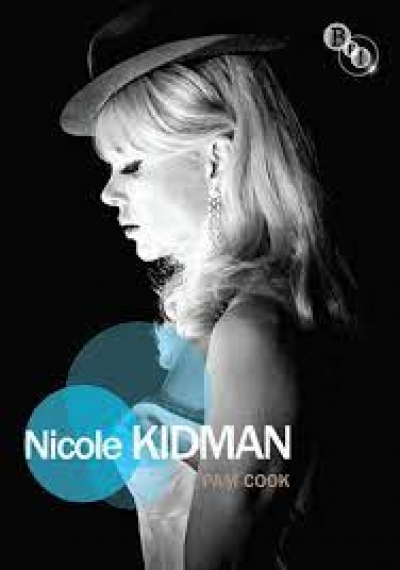Francesca Sasnaitis
‘There’s no time like NOW!’ proclaim the signs.
Inspired by the fond reminiscences of slow tram rides of several Melbourne personalities, whose brief anecdotes are interspersed between the pages of the sumptuous Melbourne Now catalogue (Melbourne Now Limited Edition, National Gallery of Victoria, $100 hb, 280 pp, 978072 ...
Hide Your Fires: 2012 UTS Writers’ Anthology edited by Lauren Anderson et al.
by Francesca Sasnaitis •

